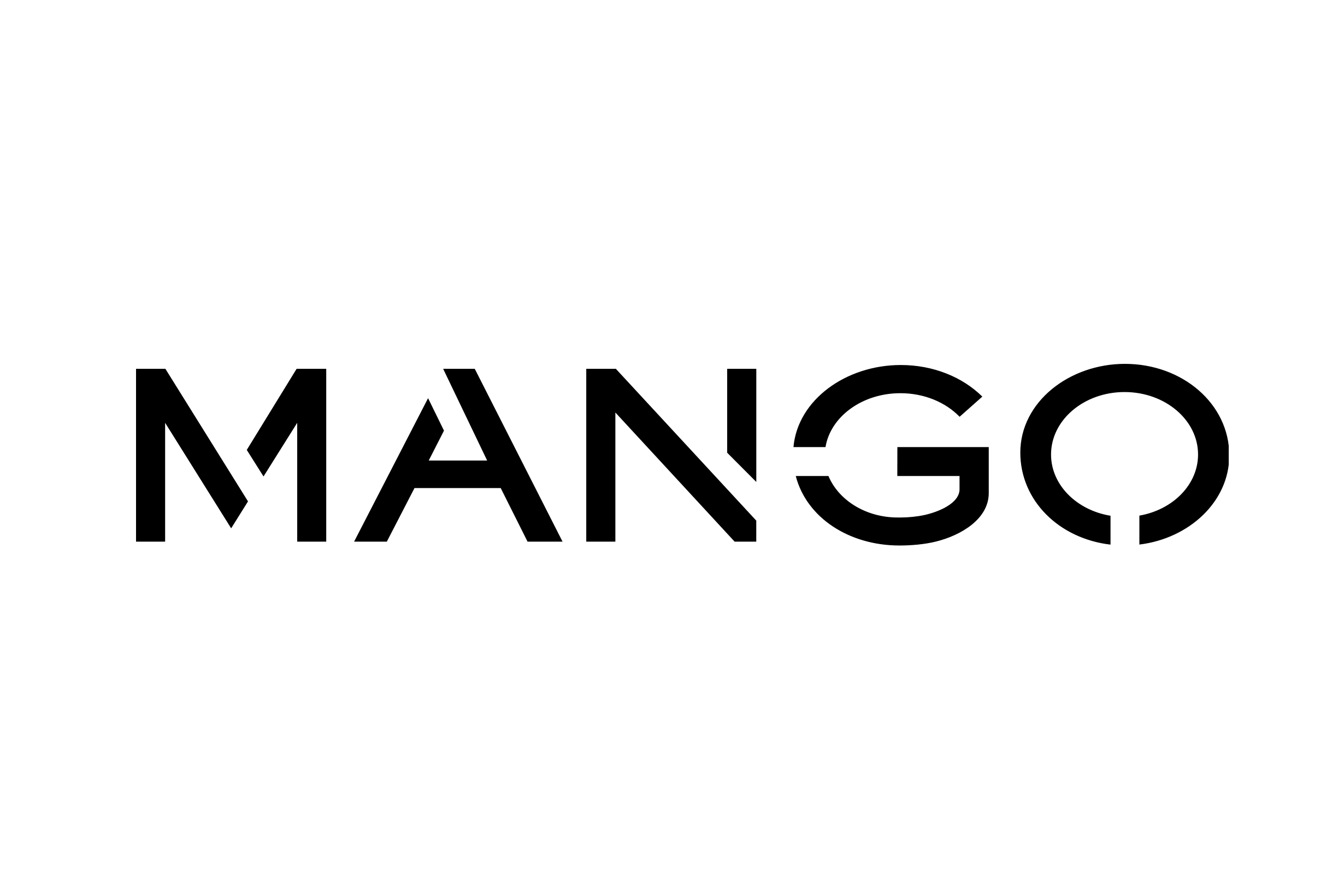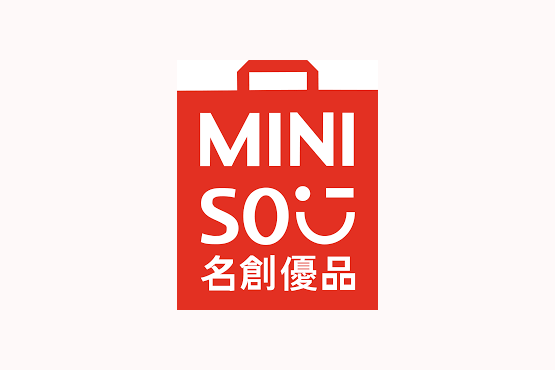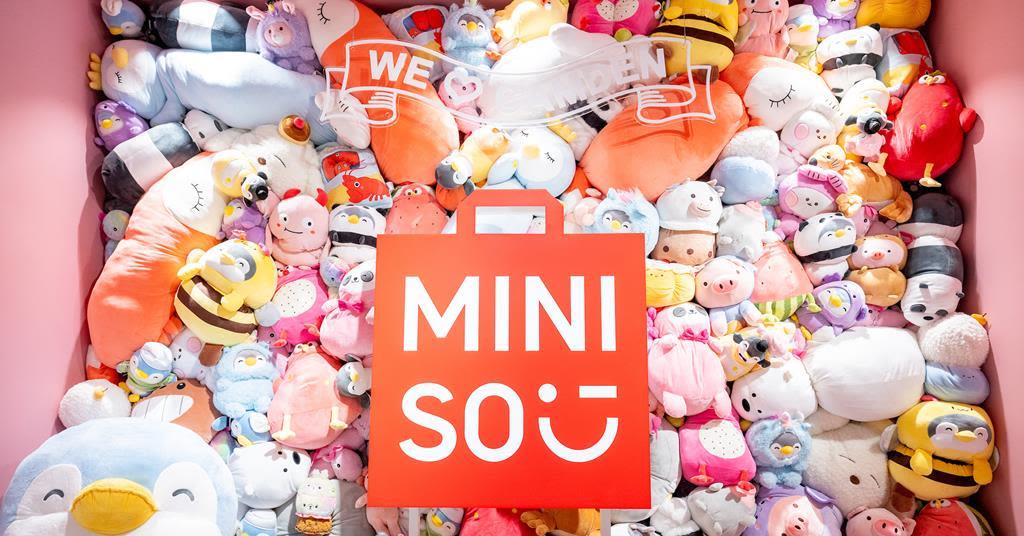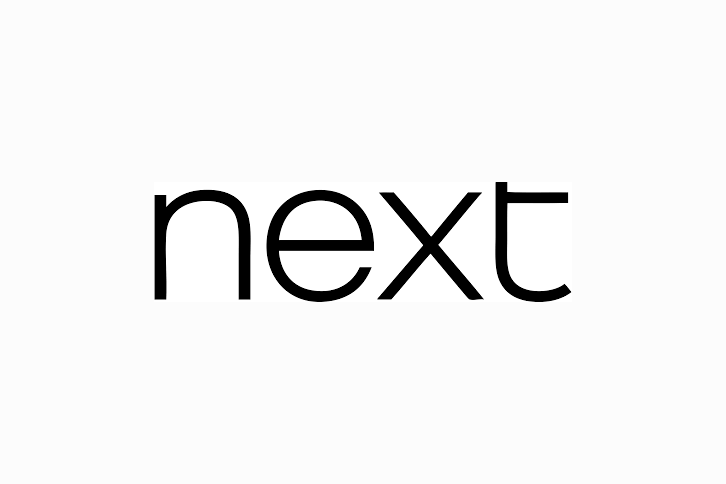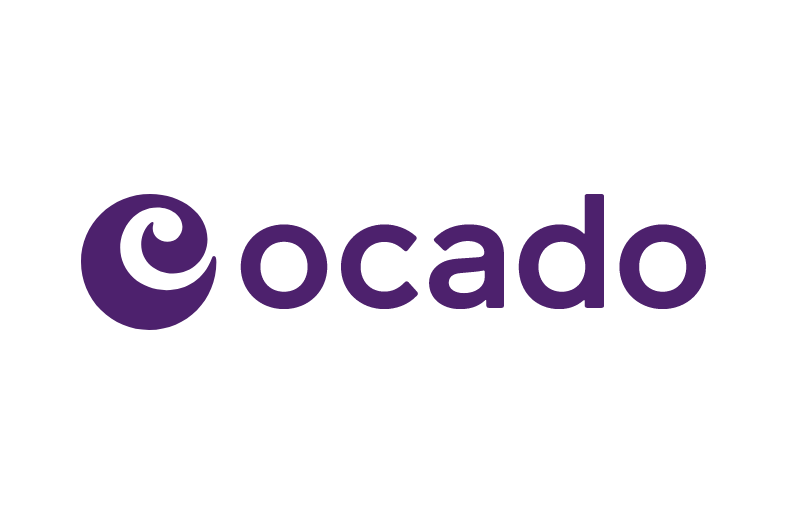Retail's global innovators:
M-O


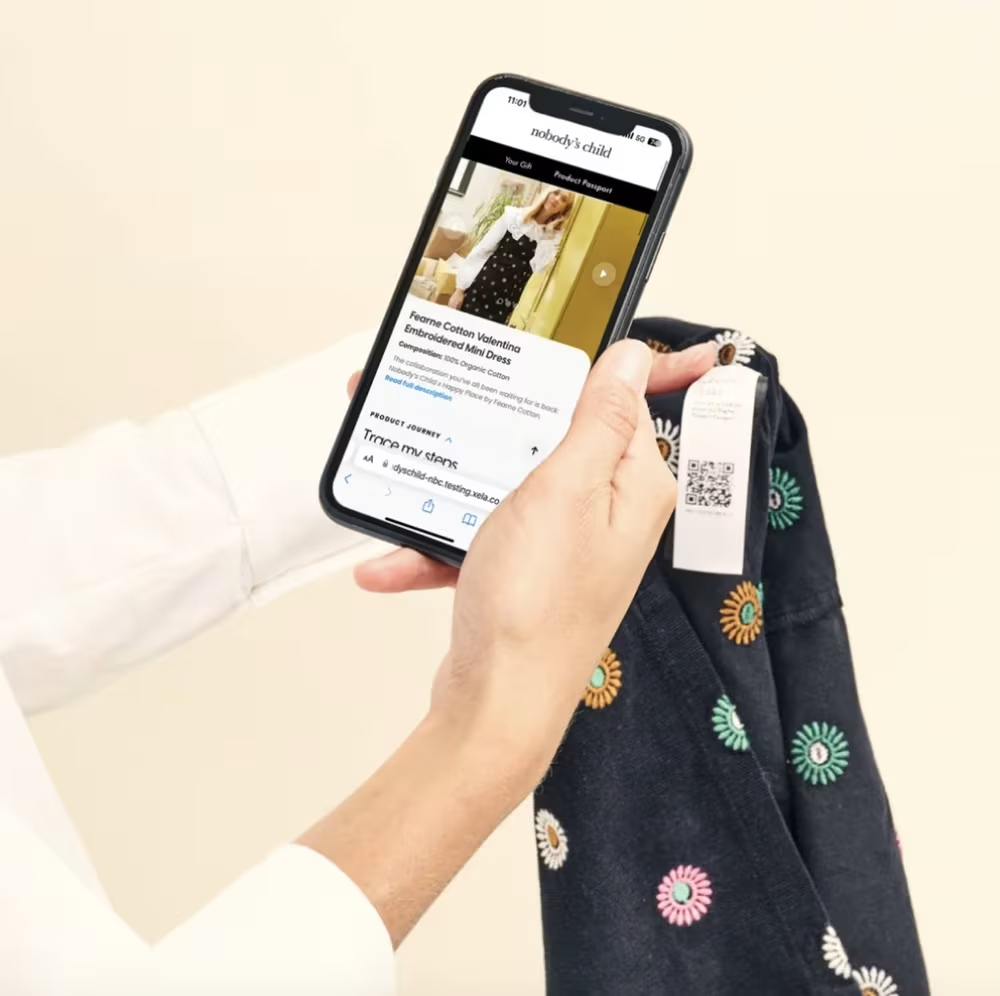
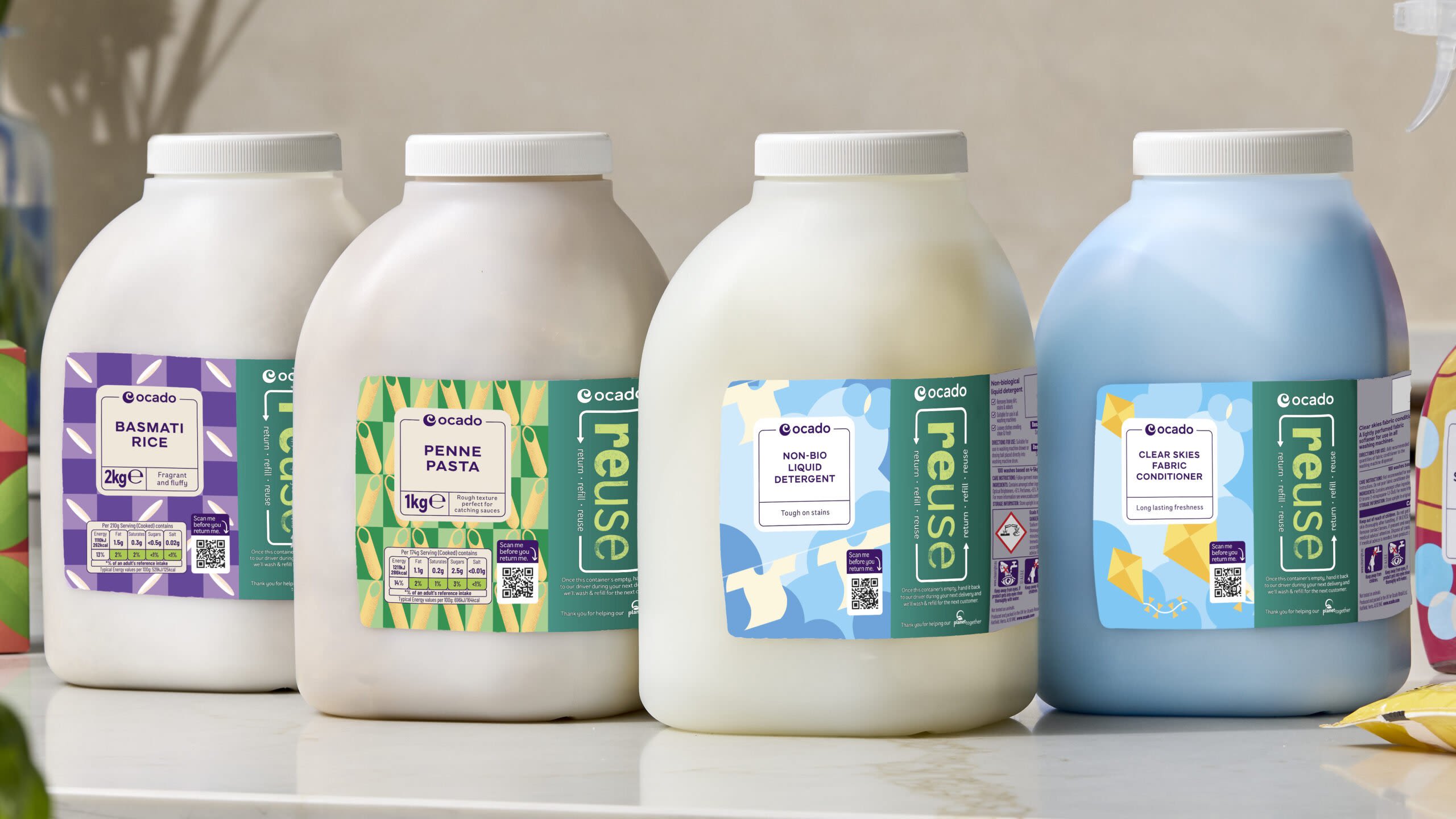
Mango's first AI-generated marketing campaign
Nobody's Child's digital product passports (DPP)
Ocado's online refill service – the first from a UK supermarket
Majid Al Futtaim
(UAE)
The technology emphasis in 2024 for Dubai-based retail conglomerate Majid Al Futtiam has been firmly focused on payments – more specifically how to enhance the customer experience at the transaction point.
In June, a one-click checkout experience was introduced for all its franchises operating in the Gulf Cooperation Council (GCC) region, thanks to a partnership with Checkout.com. This way of paying online will be available to consumers shopping with the Majid Al Futtiam-run retailers such as Lululemon, Lego, Shiseido, and its leisure and entertainment businesses, while it will also be accessible in its stores as part of the Carrefour franchise.
Another partnership in the payments space sees Majid Al Futtaim’s relationship with shopping and payments app Tabby expanding to the retail group’s Share rewards app. Tabby, which gives users a chance to buy now, pay later (BNPL), has been available in Majid Al Futtaim-owned stores in UAE malls since July 2023, but the new integration means more people can take advantage of BNPL.
Through such innovative tie-ups, Majid Al Futtaim is helping to fuel the growth of ecommerce in a region where digital commerce is behind the curve compared with Western markets – while also helping Western brands build a presence in GCC.
Through innovative tie-ups, Majid Al Futtaim is helping to fuel the growth of ecommerce in a region where digital commerce is behind the curve compared with Western markets
Mango
(Spain)
Spanish fashion retailer Mango is on an ecommerce expansion drive, announcing in September 2024, that it is launching digitally in 12 new markets – primarily in Africa. Former international retail director Marlies Hersbach has been given the role of ecommerce executive director to lead the charge.
The 12 new countries are Angola, Belize, Brunei, Gabon, Gambia, Equatorial Guinea, Honduras, Laos, Mongolia, New Zealand, Papua New Guinea and Togo, which will bring its total international presence online to more than 120 markets globally.
What can these new markets expect from an innovation point of view? In July, Mango launched its first AI-generated marketing campaign, with GenAI trained to create the images before the art team selected, retouched, edited and mastered the images in a photography studio.
The launch is part of Mango's Strategic Plan 2024-26, which aims to create value through technological development, data management and operational excellence.
Since 2018, Mango says it has developed more than 15 machine-learning platforms that apply AI at different points of its value chain, including pricing and personalisation.
Much of Mango’s digital investment is targeted at reaching a younger audience, as was the move to enter Roblox in January 2024, with the opening of its first immersive store on the platform, where users can purchase Mango Teen products for their avatars.
Marks & Spencer
(UK)
Chief executive Stuart Machin gave a flavour of things to come at Marks & Spencer when, in January 2024, he announced the appointment of Rachel Higham as the retailer’s incoming chief digital and technology officer. He said her appointment reflected the “importance of digital and technology” to the next phase of M&S’s transformation.
This has been exemplified via announcements by the retailer, in September, that it is ramping up its growth strategy with an “accelerated pace of change” across digital, data and tech as it uses AI and social media spending to attract younger shoppers. M&S now spends as much budget on content for TikTok and YouTube as it does on TV ads, it said, and it wants to drive online growth and enhance personalisation for customers.
As part of the strategy, the retailer said it is making “full use” of AI capabilities across its media partners, including Meta, YouTube and Google, as well as paid search to attract new customers. Its live shopping channel is also a growing audience and revenue generator, with an average of 17,000 visitors per show and £14m in turnover already attributed to this platform, as of September.
GenAI is to be used to write 80% of M&S’ product descriptions to both list and sell products at a faster speed, as it embraces the latest tech capability to drive efficiency and productivity. In May, M&S announced it had increased investment in core technology infrastructure, including an upgrade in SAP, building on its work with SymphonyAI in September 2023 to deploy AI-based technology on handheld devices that compares images captured of products in stores to store specific planograms.
Morrisons
(UK)
Morrisons built a new leadership team in 2024, spearheaded by Rami Baitiéh, the former chief executive of Carrefour France who took the top job at the UK supermarket chain in September 2023.
Baitiéh has expressed he wants Morrisons to become more customer-centric in all it does as part of a turnaround, exemplified by hosting monthly meetings that include shoppers to help shape strategy.
From a tech perspective, in April, Morrisons launched a new feature under its Morrisons More Card loyalty scheme, which uses AI to personalise offers to each customer. The My Points Booster offers customers hyper-personalised challenges based on their shopping patterns using AI, meaning they can receive rewards for reaching certain spending milestones with brands they have named on their priority list.
Morrisons is using AI to personalise offers via its More Card app to each customer
Morrisons is using AI to personalise offers via its More Card app to each customer
The supermarket is also launching digital screens and trolley media in more than 300 stores as it introduces new channels for advertising as part of its burgeoning retail media division run in association with SMG.
More personalised ads on Facebook and Instagram are being introduced by the retailer using its growing first-party data asset. And in the supply chain, its manufacturing arm is testing digital twin tech with IES as part of measures to optimise and reduce energy usage.
Case study: Morrisons deployed AI to reduce revenue leakage
At most large companies, about 1% of accounts payable are typically lost to recurrent leakage, and 35% regularly report procurement non-compliance, despite the best processes and ERP systems. Morrisons was looking to plug these leaks. Morrisons’ technology partner at the time, Wipro, rolled out an AI-based anomaly detection solution based on Wipro Holmes. The AI models were designed to look for procurement anomalies and compliance violations. Wipro engineers also built robotic process automation bots to identify anomalies in payment and controls. As a result, Morrisons was able to transition from random sampling of invoices to an exhaustive AI-led audit. The new system now scans over £8bn of transactional data and runs 15 predefined AI models in just a few hours. Morrisons has more than peace of mind from the upgrade: Wipro Holmes has saved the company £2m a year by avoiding revenue leakage.
Miniso
(China)
Store innovation is the name of the game for Chinese retailer Miniso. It is packing a punch internationally, spreading its “joy philosophy” to new territories around the world at pace, including through 27 stores in the UK that have all opened in five years.
For the quarter ending March 31, 2024, revenue was up by 26% to ¥3.7bn (£406m), which the retailer said was “driven by a 19.3% increase in the average store count”. As of March 31, Miniso had 6,630 stores worldwide with 217 stores added in the latest quarter alone, including several in the UK. It opened a UK shop in September 2024 called ‘Miniso-Go’, trialling a small-store concept to target travellers and commuters. To provide the stock to fill these stores, Miniso has developed a “global product innovation centre” in China, the US, Japan and South Korea, which it says serves as its “innovation engine”, coming up with fun and unique products based around consumer trends that are then shipped out to global markets.
Supply chain innovation is also a focus. In February 2023, it integrated more than 1,100 high-quality supply chain partners in China to provide the backbone to its international growth, as well as partnering with analytical organisations for global and consumer trends guidance, such as WGSN and Pantone. The idea of these relationships is to make product development more informed and create lifestyle products that resonate with local audiences.
Miniso centres on blending value and nostalgia in colourful surroundings
Miniso centres on blending value and nostalgia in colourful surroundings
Next
(UK)
The current standout factor about Next, aside from its continued stellar sales performance, is that multiple retailers want to work with it. Be it in the form of concession or marketplace partner, for example, Holland & Barrett opening store-in-stores and AllSaints launching into childrenswear via the Next website, or leveraging Next’s growing tech capability à la FatFace.
Indeed, Next’s robust ecommerce tech and fulfilment infrastructure is renowned, and the companies it has acquired in recent years – including Reiss, Fat Face and Joules – have been relaunched on this Total Platform.
Next boss Lord Wolfson spoke in March of a new era for Next, with the rollout of Total Platform as a service – as opposed to something it only uses for businesses it has a stake in – and this is set to be a key direction of travel for the company in the year ahead as it seeks to boost additional revenue and profit.
Retailers with less sophisticated ecommerce and fulfilment operations can, for a fee, piggyback on Next’s solid platform to help grow their own online sales. The attraction is in Next’s proven online capability, with online accounting for 55% of the retailer’s total sales and profit, but also in the reliability of the network, which is supported by increased warehouse automation and an efficient last-mile and returns operation.
Next raised its full-year pre-tax-profit guidance by 8.4% year on year to £995m in September, off the back of an unexpected hike in international ecommerce sales.
Next’s industry-wide influence is multifaceted – it was a pioneer in what has become a trend for traditional retailers to launch marketplaces post-pandemic.
Next started selling competitive high street names on its website, via its Label offering in 2014, but now retailers ranging from John Lewis and M&S to Tesco and Decathlon are marketplace advocates – and, although they might not acknowledge it publicly, it is likely Next’s success will have been an influential factor in their respective strategies.
Nike
(US)
Nike, a long-time innovator in sports fashion, has led the charge in blending digital experiences in its own stores. In recent years it scaled back its wholesale distribution in favour of focusing on its own D2C channels, but despite flat sales of late digital first is still a key brand mantra.
It has developed an array of apps over the years, such as SNKRS in 2015 for sought-after product drops, and it has invested in high-tech stores full of digital screens and customer engagement displays. Nike has also been an advocate for Web3, underlined by its 2021 acquisition of virtual sneaker platform Rtfkt and the subsequent creation of its own Nike Virtual Studios in 2022.
The arrival of new chief information officer Cheryan Jacob and new chief technology officer Dr Muge Erdirik Dogan in 2023 suggests Nike means business from a technological advancement perspective. Evidence of new types of customer engagement under this team comes in the form of the second-ever virtual SNKRS Showcase – a livestream event in June that saw Nike give members an exclusive look at footwear styles and apparel pieces.
Nike is trialling these new routes to attract younger demographics but changes to its marketplace strategy and how it works with third parties are expected to be a core feature of its plans going into 2025.
Nobody’s Child
(UK)
This growing fashion brand firmly established itself on the retail map this year, following a clicks-to-bricks strategy that will result in 48 shop-in-shops in Marks & Spencer stores by the end of 2024. M&S views Nobody’s Child as a key part of its third-party brands strategy and took a 25% stake in the business in November 2021.
Improving sustainability credentials is a central priority for Nobody’s Child, which became one of the first companies to widely launch digital product passports (DPP) in March 2024, giving consumers a chance to scan a QR code to understand an item’s provenance. This improves the transparency of its supply chain and helps give the business a head start as DPP becomes a standard industry feature in the coming years.
It is supported by Fabacus, a technology and data solutions provider and a sister company of Nobody’s Child, which is also supporting Tesco F&F’s DPP roll-out.
Fabacus and Nobody’s Child have purposefully been comprehensive with DPP features. More than 100 data points can be accessed through the GS1 standard-conforming DPP, as well as exclusive gifts and a unique non-fungible token (NFT) download to prove its potential to link up with loyalty schemes and cryptocurrency respectively.
Ocado
(UK)
Ocado’s story has to be told in two parts. Firstly, Ocado Retail – the online grocery arm and 50-50 joint venture with Marks & Spencer – continues to bring new solutions and customer experiences to the market.
In August 2024, it introduced the first online refill service from a UK supermarket. In a plastic-reducing tactic to support its sustainability strategy, products such as pasta and rice can now be ordered in reusable containers that consumers empty into their containers before handing back the empty vessels to their delivery driver.
As a digital-only player, Ocado can get products to market speedily, with full merchandising and pricing strategy influenced by learning from consumer behaviour online – for example, using search behaviour to develop subcategories.
The second strand of Ocado is its technology division, a comprehensive stack of AI, automation and fulfilment systems that it packages up for its grocery operations but also those of third parties. In 2024, the Ocado Smart Platform went live with Auchan Retail Poland, and one of its customer fulfilment centres (CFC) – featuring Ocado’s on-grid robotic pick and automated frameload – opened in Spain for the first time with Alcampo.
Ocado has also rolled out new tech for Kroger in the US, Coles in Australia for the first time and a third CFC in Japan for Aeon in 2024.



